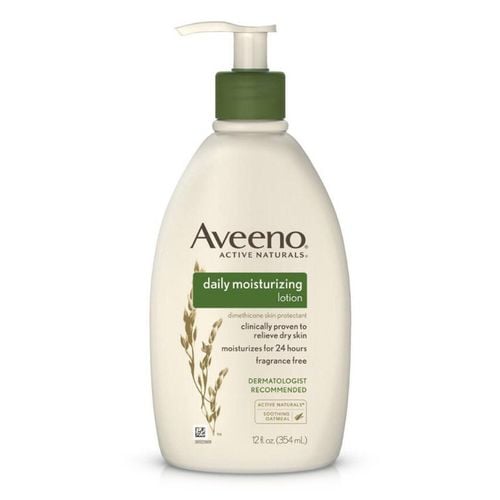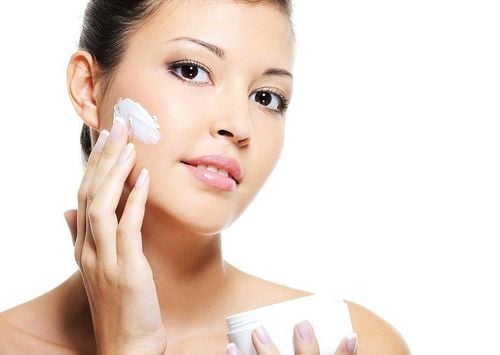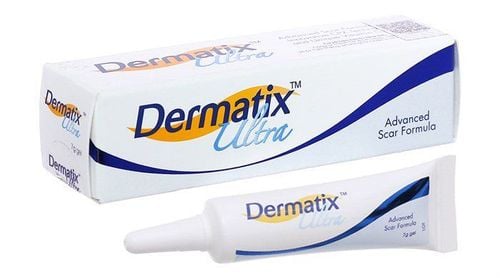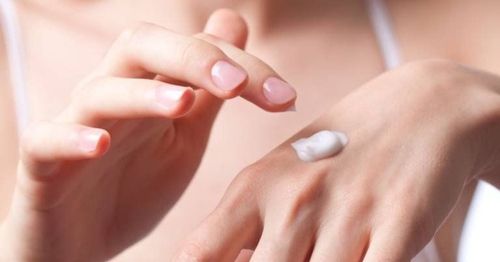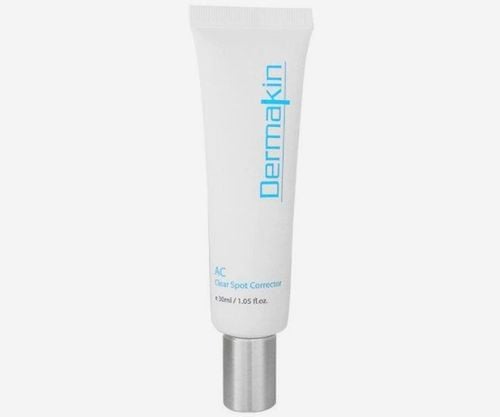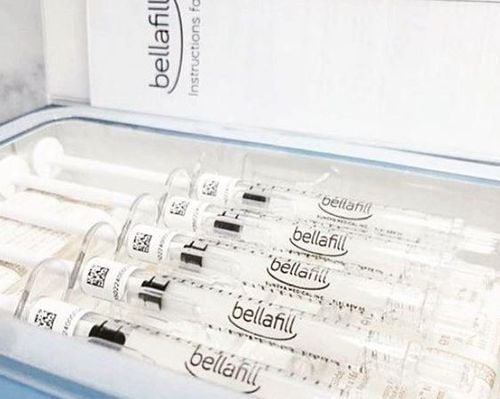This is an automatically translated article.
On the labels of most cosmetics, there are alcohol ingredients. This raises the concern that alcohol can cause facial skin damage, acne... However, is this true while the ingredients of cosmetics still contain alcohol.
1. What is alcohol?
Alcohol (also known as Alcohol) is an organic compound in chemistry. When it comes to alcohol, people immediately think of alcohol in beer, wine and equate alcohol as a harmful substance. However, in the cosmetic industry, alcohol has certain uses.
2. Distinguishing good alcohol and bad alcohol in cosmetic ingredients
In today's cosmetics, alcohol exists in two forms: fatty alcohol and dry alcohol. These two ingredients both have certain uses for beauty purposes. At the same time, they also have some potential risks.
Fatty Alcohol or Emollient Alcohols This is an alcohol that is proven not to cause allergies, redness, and rashes on the skin. Moreover, beauty and skin care products containing fatty alcohol also have moisturizing effects, leaving skin soft.
Fatty alcohols include: Cetearyl Alcohol , Stearyl Alcohol, Myristyl Alcohol, Acetylated Lanolin Alcohol, Lanolin Alcohol, Arachidyl Alcohol, Behenyl Alcohol
Dry alcohol (Drying Alcohols or Solvent Alcohols) In many cosmetic labels, dry alcohol also appears with many Other names such as: SD Alcohol, Ethanol, Methanol, Alcohol Denat, Isopropyl Alcohol, Denatured Alcohol, Methyl Alcohol, Polyvinyl Alcohol, Ethyl Alcohol, Benzyl Alcohol.
Dry alcohol is used in some products such as hand sanitizers and detergents because of its ability to disinfect and infect bacteria. However, this type of dry alcohol is recommended to have a negative effect on the skin.

Mỹ phẩm chứa cồn béo sẽ đem lại nhiều lợi ích cho da hơn
3. What is the effect of alcohol in cosmetics?
As mentioned above, fatty alcohol and dry alcohol both have different pros and cons. If fatty alcohol is appreciated and brings more benefits, dry alcohol should be considered when using. But dry alcohol is not necessarily bad if used in a safe concentration (below 5%). At low concentrations, dry alcohol will evaporate quickly and not be absorbed into the skin in time.
Some of the uses of alcohol can be mentioned in cosmetics such as:
Helps soften and soothe the skin, Maintain moisture for smooth skin. However, this ingredient is also easy to clog pores, so it is not recommended for acne, oily or combination skin. Dry alcohol is good for oily skin because it helps limit oil secretion. Dry alcohol is found in many toners and sunscreens to help reduce shine and leave the skin dry. In many moisturizers, shaving creams also use drying alcohol to clean the skin and not clog pores. Helps retinol and vitamin C absorb into the skin more effectively. However, now there are many cosmetic brands that do not accurately record alcohol ingredients on the packaging. To know if alcohol in cosmetics is good or bad for the skin, refer to the order in which the ingredients are presented.
If dry alcohols appear in the first 6 ingredients, they contain a fairly large proportion. In particular, if dry alcohol is listed first, it means that this product has a very high alcohol content that can cause collagen destruction. It is best to stay away or limit its use.
However, if the product has added moisturizers, you can still use it with peace of mind because the manufacturer has paid attention so that this ingredient does not affect the skin. Ideally, we should still buy and use products with the dry alcohol ingredient listed at the end. Sensitive skin should use alcohol-free cosmetics.
4. Risks from alcohol in cosmetics
In general, alcohol has certain benefits for the skin. However, with some sensitive skin types or low quality skin care products with high concentrations can be harmful to the skin. Specifically:
Alcohol damages the skin and makes acne worse Causes dry skin, disrupts the surface of the microflora and the skin's barrier (especially harmful to the skin) Prevents the skin from renewing itself create, innovate and rejuvenate. Causes pores to open wider. Increases oil secretion Many studies have concluded that alcohol damages the skin's protective surface, stripping away nutrients needed for healthy skin and making oily skin conditions worse. Even alcohol will make the skin aging process take place earlier. Therefore, choosing cosmetics with safe alcohol concentration is very important.
For more information about beauty and health care, customers can visit the website of Vinmec International General Hospital or share any questions by sending a question to receive advice from a doctor. rich expertise.
Please dial HOTLINE for more information or register for an appointment HERE. Download MyVinmec app to make appointments faster and to manage your bookings easily.




